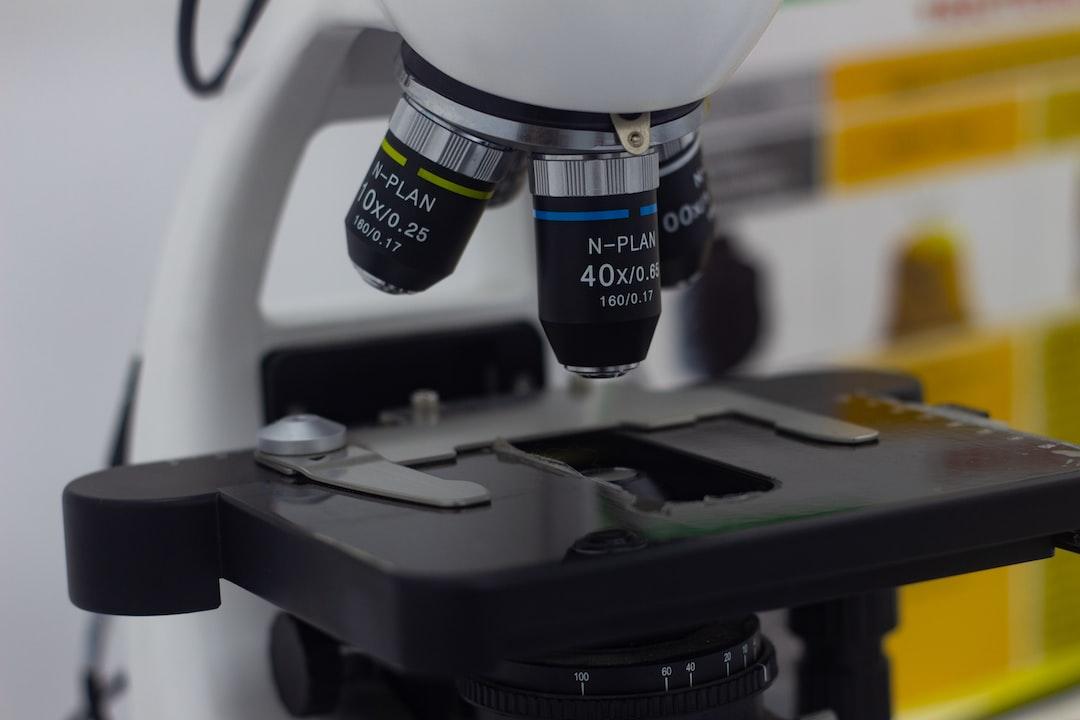Blockchain startup Humanity Protocol has emerged as a unicorn in less than a year, challenging the status of world coin projects. Founded by Terence Kwok, the company has developed an identity verification system using blockchain technology that scans users’ palms to confirm their personal identity. Humanity Protocol recently announced that it has successfully raised $30 million in funding, with a valuation of $1 billion.
After receiving a $1.5 million investment from angel investors and key opinion leaders in early March, the seed round financing was led by Kingsway Capital, with other investors including Animoca Brands, Blockchain.com, and Shima Capital. With the new funding, Humanity Protocol plans to expand its team, currently consisting of over 20 people, and establish more partnerships. Kwok emphasizes the increasing importance of identity verification platforms as the need to confirm user identities continues to grow.
In an era dominated by deepfakes and misinformation, the credibility of online identities has become a serious issue. Humanity Protocol aims to provide a secure and convenient solution through its palm recognition technology. By utilizing palm scans and a consensus mechanism called “human proof” in a decentralized system, users’ identities can be verified.
This technology can be applied not only to the financial industry’s Know Your Customer (KYC) verification, but also to various everyday scenarios such as hotel check-ins and office access. Humanity Protocol plans to launch a test network in the second quarter, with approximately 500,000 people on the waiting list. The company will then release an application that allows users to scan their palms using their phone cameras to confirm their personal identity. Additionally, a small infrared camera that connects to smartphones will be used to sense users’ palm veins, creating a second layer of security.
Due to the unique characteristics of palm veins, including their wide range, numerous blood vessels, and wider veins compared to finger veins, palm recognition offers higher accuracy and security, making it faster and easier to identify personal identity data.
In the future, Humanity Protocol also plans to release an unnamed cryptocurrency that can be used to pay for verification fees. Worldcoin, co-founded by Sam Altman, also aims to solve similar problems by scanning users’ irises using specialized iris scanning tools. This has attracted the interest of privacy regulatory bodies in countries including France, the United Kingdom, and Kenya. However, concerns about data privacy and security have led to user skepticism and regulatory challenges in many countries.
Kwok states that the use of biometric data has matured in recent years, citing Apple’s FaceID as an example. Compared to facial and iris recognition, Humanity Protocol’s palm recognition system is less invasive, which is expected to increase user acceptance. In an era of advancing artificial intelligence, secure verification of online identities has become one of the most important challenges. Humanity Protocol not only enhances the security of online activities but also meets users’ expectations for privacy and security. With more funding and resources, this startup is expected to lead the new wave of digital identity verification globally.
References: Bloomberg, Coindesk

